Paul Verschure
The brain can teach artificial intelligence a lesson or two: the neural mechanism of autonomous learning uncovered by researchers at IBEC
An international team led by SPECS Lab at the Institute for Bioengineering of Catalonia (IBEC) reveals how the brain improves through self-supervised learning combining an analysis of over three decades of research in neuroscience and artificial intelligence.
Willpower is the key to enhancing learning and memory: researchers uncover the mechanism
 A study led by SPECS lab reveals, for the first time in humans, that the theta waves generated by the hippocampus regulate the ability of neurons to fix and retrieve information. Manipulating the oscillation of these waves could, according to experts, eliminate traumatic memories or enhance memories lost due to amnesia or neurodegenerative diseases.
A study led by SPECS lab reveals, for the first time in humans, that the theta waves generated by the hippocampus regulate the ability of neurons to fix and retrieve information. Manipulating the oscillation of these waves could, according to experts, eliminate traumatic memories or enhance memories lost due to amnesia or neurodegenerative diseases.
Willpower is the key to enhancing learning and memory: researchers uncover the mechanism
An international team led by the SPECS Laboratory at the IBEC has identified, for the first time in humans, the physiological mechanism responsible for the effectiveness of learning processes based on self-motivation and freedom of choice. The protagonists of this mechanism are theta-type brain waves, which regulate the ability of the human hippocampus to fix and retrieve information.
SPECS Lab featured on TV and Radio for its work on COVID19 and mental health
Researchers from the SPECS lab at IBEC have develop a new method to evaluate the mental health and wellbeing of people living under strict confinement measures such those during COVID-19 pandemic on April 2020. The study, conducted with people living in 17 countries, confirms that confinement measurements leads to a negative impact on the emotional wellbeing. The researchers also detected some personal situations that can entail a higher risk for the mental health and wellbeing.
A new method confirms the impact of COVID-19 confinement measures on mental health and well-being
Researchers from the SPECS lab at IBEC develop a new method to evaluate the mental health and wellbeing of people living under strict confinement measures such those during COVID-19 pandemic on April 2020. The study, conducted with people living in 17 countries, confirms that confinement measurements leads to a negative impact on the emotional wellbeing. The researchers also detected some personal situations that can entail a higher risk for the mental health and wellbeing.
The hippocampus orchestrates the cerebral process that allows us to recall memories
For the first time in humans, researchers from IBEC have simultaneously recorded the brain activity of the two key areas linked to memory: the hippocampus and the neocortex.
This study was made possible thanks to the voluntary participation of epilepsy patients who, due to their disease, have intracranial electrode implants. Making use of virtual reality, the participants performed spatial memory tasks. The taste of your favourite snack after school, your first kiss, that time you partied until dawn… Memories are a way of travelling into the past. Despite how easy it can be to remember a situation, the cerebral process taking place is complex and continues to be, for the most part, a mystery.
ERC President visits IBEC
The President of the European Research Council, Jean-Pierre Bourguignon, visited last May 15th the Institute for Bioengineering of Catalonia (IBEC).
The event was inaugurated by IBEC’s Director, Josep Samitier, who presented an overview on the cutting-edge research carried out at the institute in the fields of bioengineering and nanomedicine.
Afterwards, ERC Grantees working at IBEC had the opportunity to explain the impact of ERC grants on their professional careers and established a dialogue with ERC President on the past, present and future of the European Research Council.
Researchers from the IBEC develop a Virtual Reality system to treat speech disorders
Researchers from the IBEC have developed a virtual reality-based system for rehabilitating patients with Broca’s aphasia. RGSa has been proven to improve communicative frequency and effectiveness in daily life, as well as sustaining improvements in testing after an 8-week period.
Rehabilitation to recover speech after brain damage is efficient, provided that it is carried out intensively, and can be included in relevant behavioural tasks. However, limited resources in healthcare systems cannot always provide said treatment in sufficient doses. Achieving a cost-effective, evidence-based rehabilitation method is one of the objectives targeted by the SPECS research group.

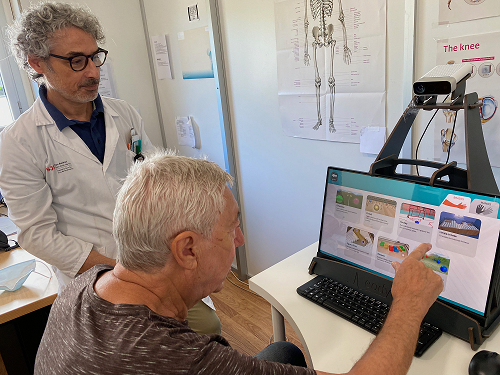
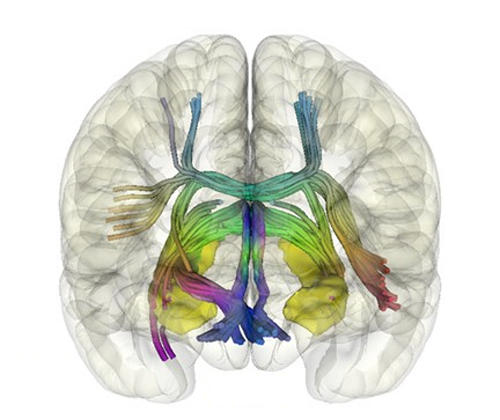
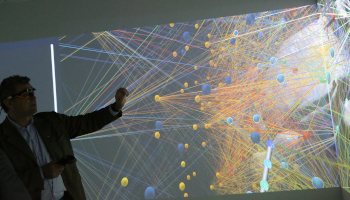
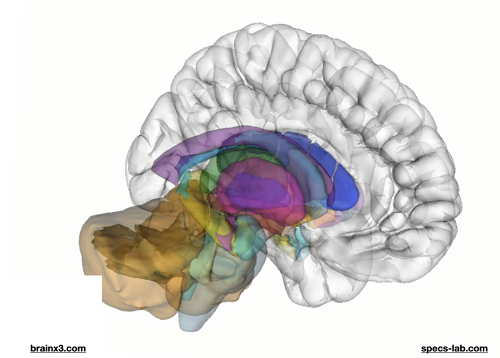
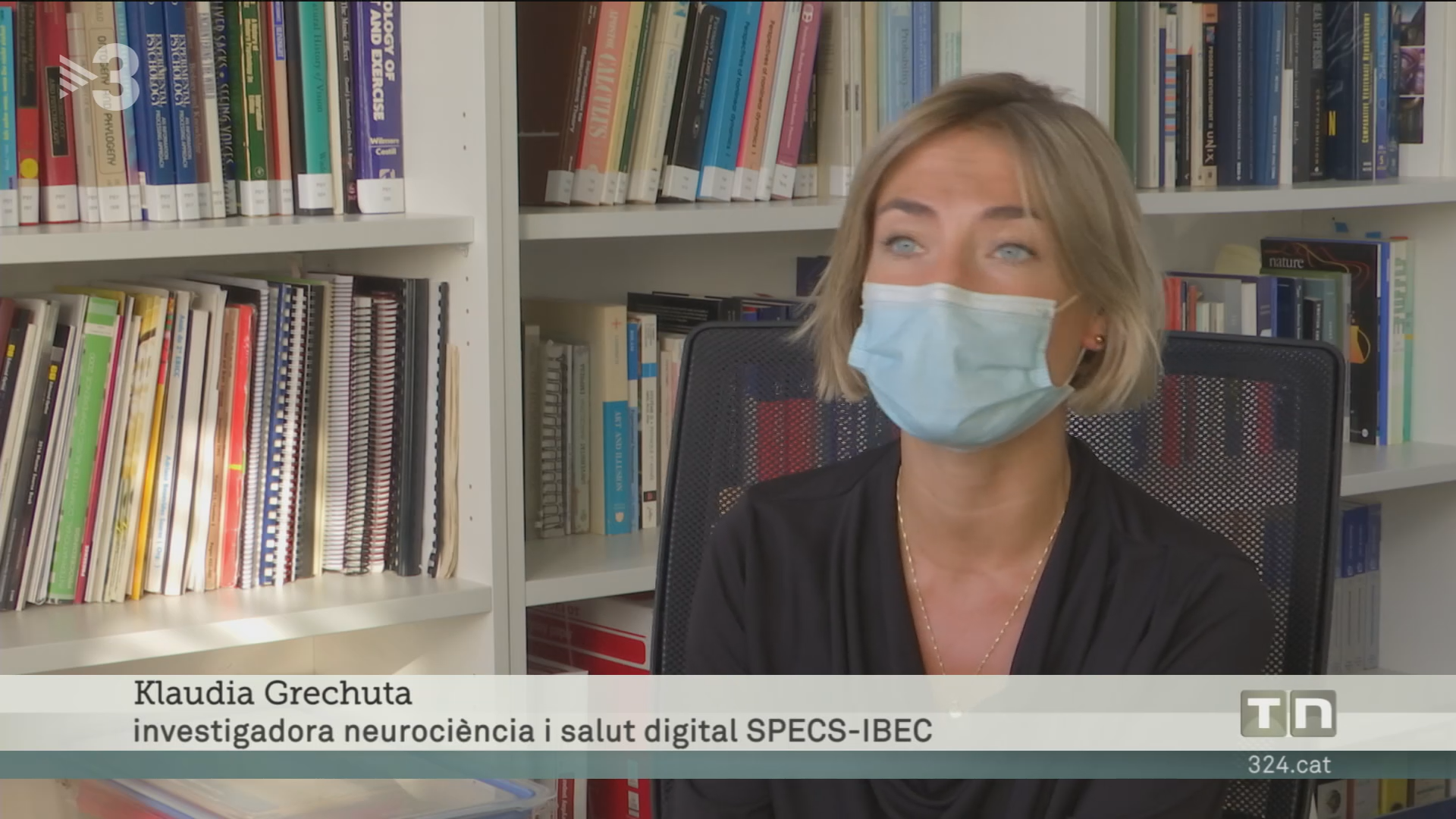
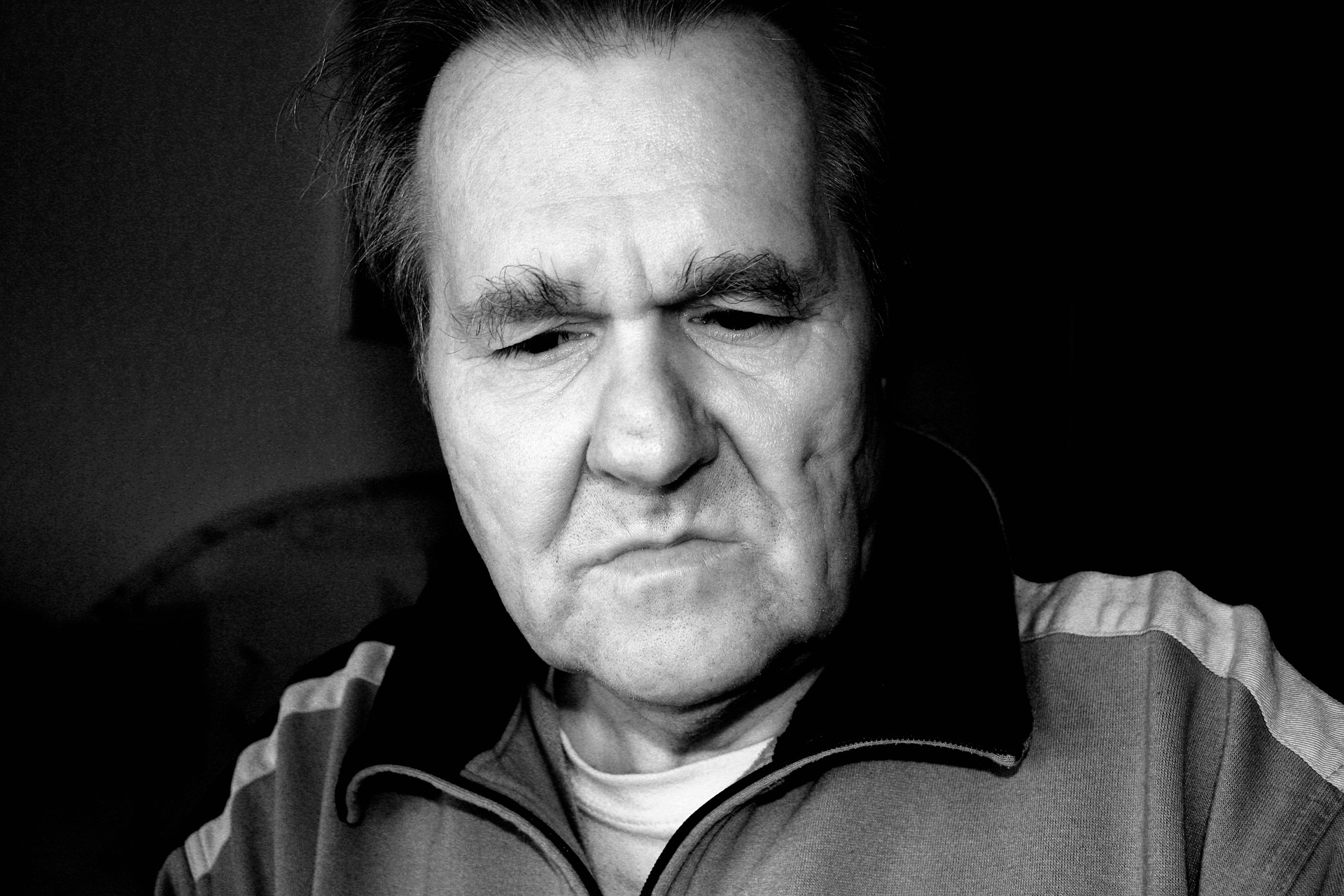
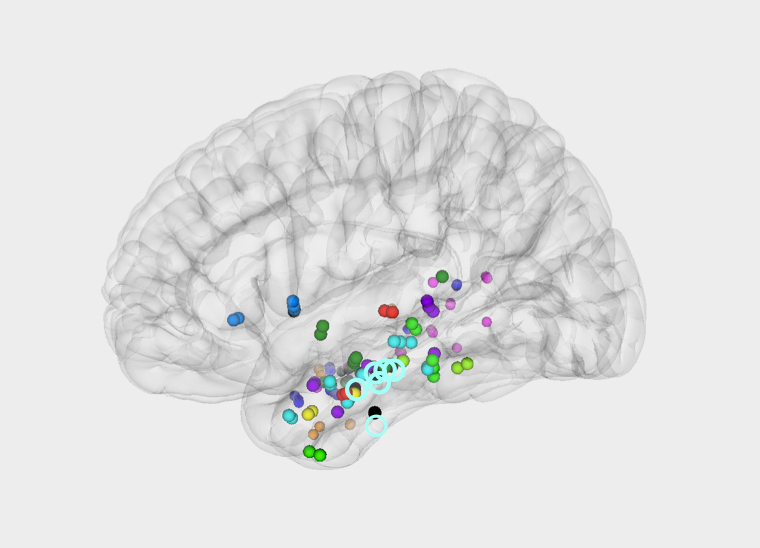

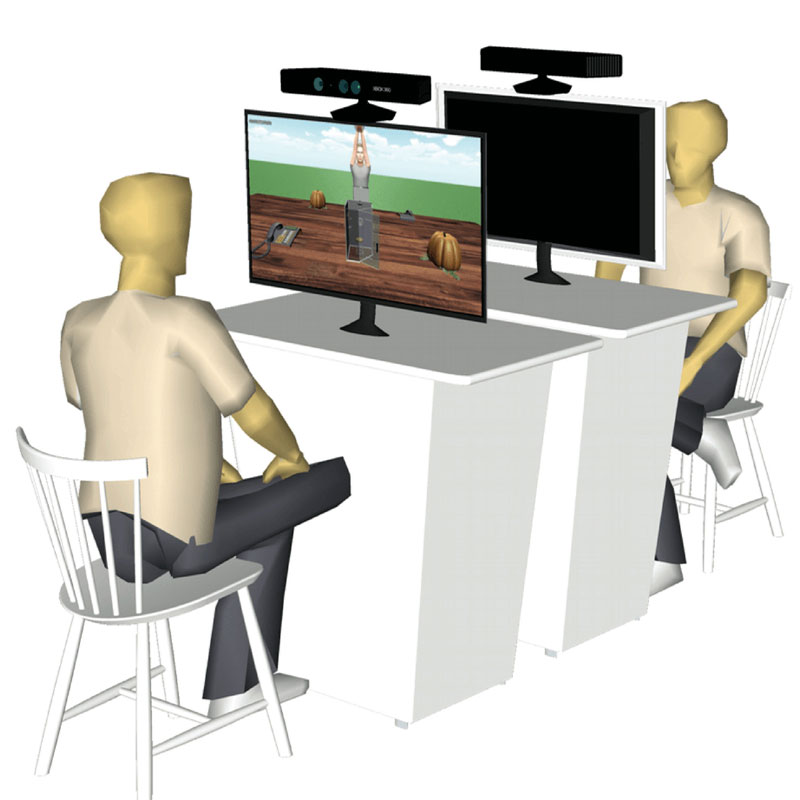
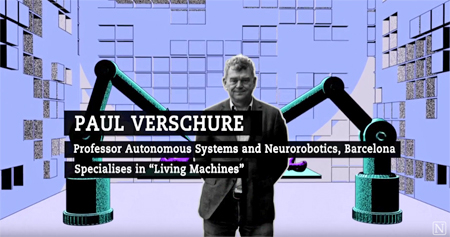
 The five-part series ‘A Bright New World’ in Dutch current affairs program Nieuwsuur (Newshour) by public broadcaster NTR/NOS asks how artificial intelligence will determine the future of love, work, care and war.
The five-part series ‘A Bright New World’ in Dutch current affairs program Nieuwsuur (Newshour) by public broadcaster NTR/NOS asks how artificial intelligence will determine the future of love, work, care and war.